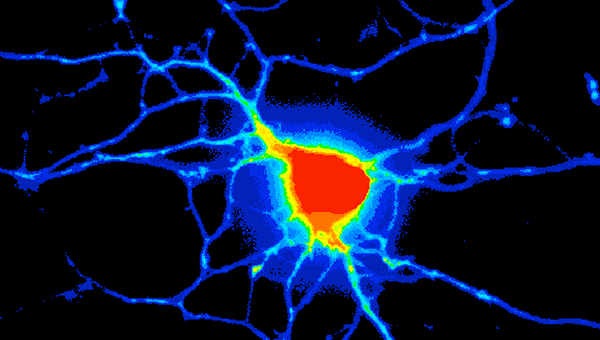
This course will focus on developing integrative skills through directed reading and analysis of the current primary literature to enable the student to develop the capstone project as the overall final exam for the specialization in systems biology.
What's inside
Syllabus
General Features of Systems Biology Studies
Issues of Reproducibility in Systems Biology
Introduction to Research Article 2
Read more
Syllabus
Good to know
Save this course
Reviews summary
Systems biology analysis
Activities
Review key concepts from systems biology
Show steps
Re-familiarize yourself with essential systems biology principles to strengthen your foundational knowledge.
Browse courses on
Systems Biology
Show steps
-
Review your lecture notes from previous systems biology courses.
-
Attend a review session or workshop on systems biology basics.
-
Read introductory articles or textbooks on systems biology.
Read a foundational systems biology textbook
Show steps
Gain a comprehensive understanding of the field by delving into a widely recognized systems biology textbook.
View
Systems Biology: Simulation of Dynamic Network...
on Amazon
Show steps
-
Read assigned chapters from the textbook.
-
Take notes and highlight important concepts.
-
Complete practice problems or exercises.
Create a mind map of systems biology concepts
Show steps
Visualize the interconnectedness of systems biology concepts by creating a mind map.
Browse courses on
Systems Biology
Show steps
-
Identify the main categories or themes in systems biology.
-
Create branches for each category and sub-categories.
-
Add key concepts and their relationships to the branches.
One other activity
Expand to see all activities and additional details
Show all four activities
Mentor a junior student in systems biology
Show steps
Reinforce your knowledge by sharing it with others and providing guidance to aspiring systems biologists.
Show steps
-
Volunteer to mentor a junior student.
-
Meet with the student regularly to discuss their progress.
-
Provide feedback and support.
Review key concepts from systems biology
Show steps
Re-familiarize yourself with essential systems biology principles to strengthen your foundational knowledge.
Browse courses on
Systems Biology
Show steps
- Review your lecture notes from previous systems biology courses.
- Attend a review session or workshop on systems biology basics.
- Read introductory articles or textbooks on systems biology.
Read a foundational systems biology textbook
Show steps
Gain a comprehensive understanding of the field by delving into a widely recognized systems biology textbook.
View
Systems Biology: Simulation of Dynamic Network...
on Amazon
Show steps
- Read assigned chapters from the textbook.
- Take notes and highlight important concepts.
- Complete practice problems or exercises.
Create a mind map of systems biology concepts
Show steps
Visualize the interconnectedness of systems biology concepts by creating a mind map.
Browse courses on
Systems Biology
Show steps
- Identify the main categories or themes in systems biology.
- Create branches for each category and sub-categories.
- Add key concepts and their relationships to the branches.
Mentor a junior student in systems biology
Show steps
Reinforce your knowledge by sharing it with others and providing guidance to aspiring systems biologists.
Show steps
- Volunteer to mentor a junior student.
- Meet with the student regularly to discuss their progress.
- Provide feedback and support.
Career center
Systems Biologist
Biomedical Engineer
Computational Biologist
Research Scientist
Software Engineer
Quantitative Analyst
Chemical Engineer
Data Scientist
Civil Engineer
Biostatistician
Machine Learning Engineer
Electrical Engineer
Industrial Engineer
Operations Research Analyst
Statistician
Reading list
Share
Similar courses
OpenCourser helps millions of learners each year. People visit us to learn workspace skills, ace their exams, and nurture their curiosity.
Our extensive catalog contains over 50,000 courses and twice as many books. Browse by search, by topic, or even by career interests. We'll match you to the right resources quickly.
Find this site helpful? Tell a friend about us.
We're supported by our community of learners. When you purchase or subscribe to courses and programs or purchase books, we may earn a commission from our partners.
Your purchases help us maintain our catalog and keep our servers humming without ads.
Thank you for supporting OpenCourser.


